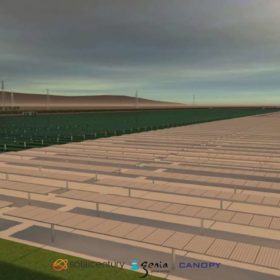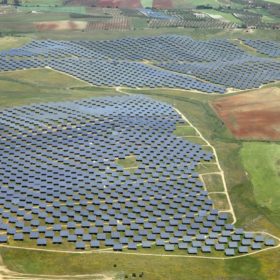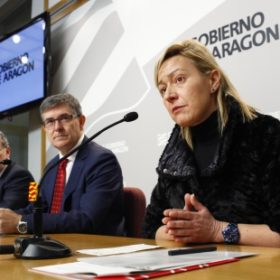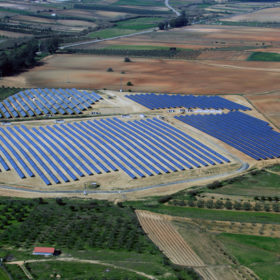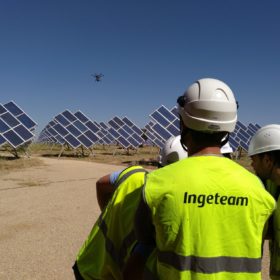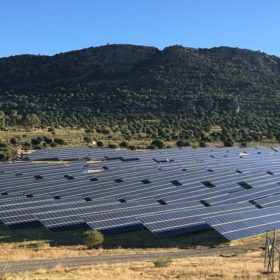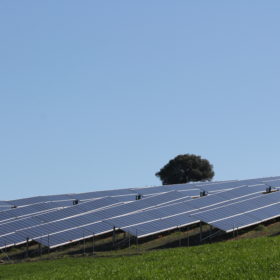Spain’s Extremadura region prepares to host another giant solar plant
The new 300 MW project is being planned by U.K.-based Solarcentury, Spanish developer Genia Global Energy, and France’s Canopy.
Grupo Eco gets environmental approval for 500 MW solar park in Spain
The solar project Planta Solar Núñez de Balboa, which was originally developed in 2012, is expected to sell power on the Spanish spot market.
Idea of solar powered trains gaining traction
In two separate studies, in the U.K. and Switzerland, respectively, the notion of combining solar power and trains has been explored. The results indicate it could offer a cost-competitive, energy saving alternative to the traditional power methods currently employed.
Spain’s Aragón region prepares to host Europe’s largest solar plant
The 549 MW PV facility will be built by Spanish industrial group ACS on 2,369 hectares of land, spread across the municipalities of Escatrón and Chiprana. The project was selected by the Spanish government in this year’s second renewable energy auction, in which around 3.9 GW of solar power was allocated.
EU approves Spain’s incentive scheme for renewables
The scheme has been in place since 2014 and includes new projects as well as renewable energy power projects benefitting from previous support.
Ingeteam turns to the skies for PV power plant optimization
Spanish inverter supplier Ingeteam is taking part in a research program deploying drones to inspect existing PV power plants, to spot the causes of underperformance. The SCARAB project is headed by the company and has been provided with almost €650,000 (AU$980,000) in funding from the Spanish government.
Spanish PV could go merchant but market must change
José Donoso, the president of Madrid-based solar association UNEF, recently spoke to pv magazine about Spain’s latest renewable energy auction, under which 3.9 GW of solar was allocated. He also talked about the spot market, private PPAs and the ways in which future auctions can facilitate the further development of large-scale solar.
Spanish scientists use magnetic electrodes to increase efficiency of fullerene-based solar cell
A spanish research team from Ikerbasque has created a fullerene-based cell that is also capable of turning direct current into alternating current.
Spanish government approves Juwi for 450 MW
Spain’s Ministry of Energy has given German PV developer Juwi final approval to build 450 MW of solar capacity in southern Spain.
X-Elio raising €92.5 million bonds to refinance five solar projects
The Spanish renewable energy developer to issue bonds for the refinancing of 33 MW of installed PV capacity located in Spain.
